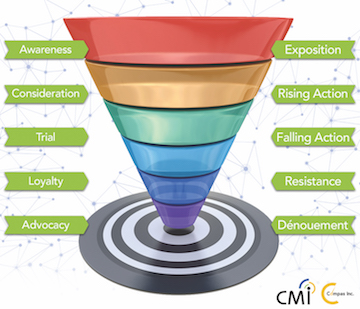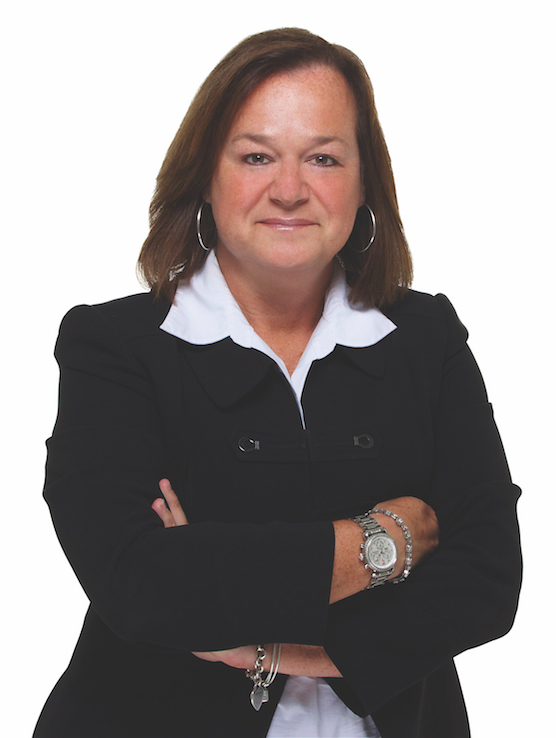Predictive analytics have transformed the way the telecom industry communicates with existing customers and distributes its resources to maximize customer retention. Can healthcare companies leverage the same analytics techniques to combat patient non-adherence?
TokBox announced in October 2017 the results of the live video, real-time communications company’s inaugural “Live Video Maturity Study.” The study measures evolution of live video since 2012 across a range of industries, including healthcare. Sixty percent of people surveyed in 2017 have used or are likely to use live video to chat with a doctor about a non-emergency condition such as prescription renewal.
Much has been written about the supposed “death of the sales rep.” Digital disruption, declining rep access to physicians, and the increasing appetite of healthcare providers for readily available digital information have led some industry observers to suggest that the traditional field sales role might one day become obsolete. But while the role is certainly changing, the industry shift towards intelligent engagement means the sales rep will prove more valuable than ever.
Pharmaceutical companies, providers, regulatory agencies, payers and PBMs are misaligned or out of sync. From the patient’s perspective, they are often working against each other – and at the high speed of modern-day healthcare, the end result can be devastating to the patient.
“This drug will sell itself, based on the data…” I have heard this more than one time from more than one client. Sadly, for patients, this is rarely true.
If you were working in the marketing or advertising industries a few years ago, then there’s a pretty good chance you heard the term ‘big data’ get thrown around. If you were close to the technology end of the business you probably heard it more than once a day. It was easily the industry’s favorite buzz-word for at least two years, if not more.
Centron officially repositioned the company with a new vision, new offering and new leadership team. According to its management, the new vision allows Centron, an integrated healthcare communications agency based in New York with 12 years of industry success, to accelerate client performance and deliver industry-leading ideas and solutions in a changing healthcare environment.
GSW, an INC Research/inVentiv Health company and industry leader in healthcare advertising, named Sonja Foster-Storch as president. Foster-Storch reports to Lisa Stockman, president of inVentiv Health Communications.
Two Omnicom Health Group agencies will have new leadership as of January 1, 2018. Mario Muredda was named CEO of Harrison and Star, and Kristin Kantak will be CEO of Biolumina.
Upheaval in the economy, advances in precision medicine, the rise of novel therapies, and the financing of care including significant cost shifting to patients is giving rise to a new dynamic we call financial toxicity. Financial toxicity is an economic side effect that can actually impact outcomes whereby patients forego care or make trade-offs to finance treatment of one condition but not another.









